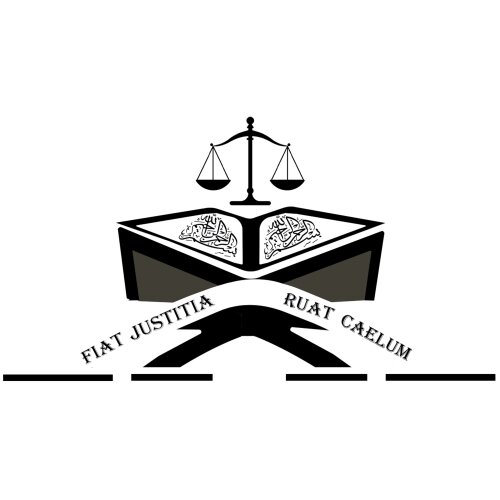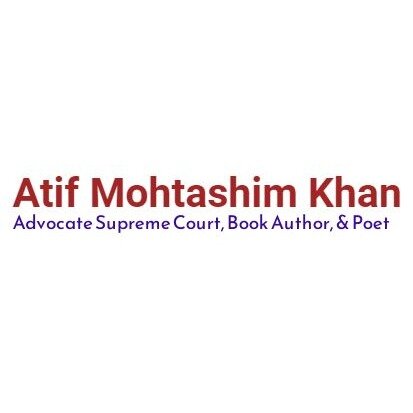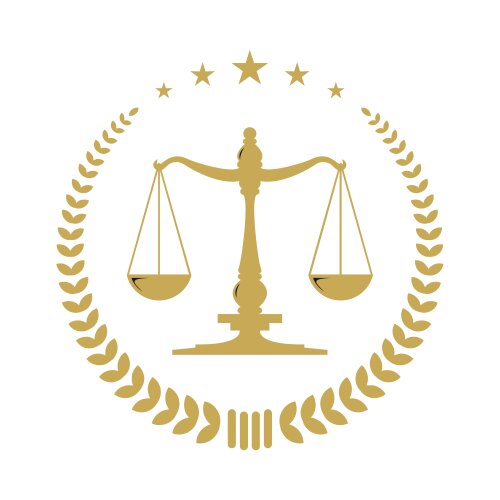Best Native People Lawyers in Islamabad
Share your needs with us, get contacted by law firms.
Free. Takes 2 min.
List of the best lawyers in Islamabad, Pakistan
About Native People Law in Islamabad, Pakistan
In Islamabad and broader Pakistan, issues relating to native populations often converge on the rights and preservation of Indigenous Peoples. Although Pakistan does not inherently recognize Indigenous Peoples as a separate legal category, there are minor ethnic groups and tribal regions that often advocate for similar rights and autonomy. The landscape of Native People Law thus involves a complex interplay of cultural rights, land ownership, and self-governance. In Islamabad, the capital region, awareness and legal frameworks are gradually expanding to encompass the rights and recognition of native groups as part of broader discussions on minority rights and sustainable development.
Why You May Need a Lawyer
Legal advice is crucial in several scenarios involving Native People in Islamabad. Such situations can include disputes over ancestral farmland or territories, conflicts around resource extraction and environmental degradation, challenges in asserting cultural rights, and any form of discrimination or marginalization. Lawyers specializing in this field can provide essential guidance in navigating the legal landscape, advocating for fair practices, and ensuring compliance with both national and international human rights standards.
Local Laws Overview
Understanding local laws pertaining to Native Peoples in Islamabad involves an examination of both constitutional protections and regional statutes. Key aspects often include: - Article 25 of the Constitution of Pakistan, which guarantees equality before the law and promotes social justice. - Article 28, allowing citizens to conserve their language and culture, which can be relevant to native groups. - Land reform laws that impact ownership and use rights. - Environmental regulations concerning natural resource management and sustainability initiatives that can affect traditional lands. These laws collectively shape the framework within which Native Peoples advocate for their rights and negotiate societal challenges.
Frequently Asked Questions
What defines a Native Person in Islamabad?
In Pakistan, the term 'native' often refers to ethnic minorities or tribal peoples with distinct cultural practices, although this category is less clearly defined in legal terms than in some other countries.
Are there specific protections for Native People under Pakistani law?
While there are no specific laws for Native People, various constitutional and statutory provisions ensure that rights related to equality, cultural preservation, and anti-discrimination are upheld.
Can Native Peoples own land in Islamabad?
Land ownership is possible, but it may be complicated by historical territorial claims, modernization pressures, or bureaucratic challenges.
How can a lawyer help Native People in Islamabad?
A lawyer can assist in land disputes, advocate for cultural rights, address discrimination, and help navigate environmental or developmental impacts on native lands.
What are the challenges faced by Native People in Islamabad?
Common challenges include loss of land, cultural assimilation pressures, lack of representation in governmental decision-making, and economic marginalization.
Is there international support for Native People's rights in Pakistan?
International bodies, including the UN, offer frameworks and support to enhance the rights and recognition of Native Peoples, supplementing national efforts.
How do environmental laws impact Native People?
Environmental laws can either protect native lands from exploitation or create challenges by prioritizing national projects; legal advice is crucial in managing these dynamics.
Is it possible to establish cultural associations for Native People in Islamabad?
Yes, forming cultural associations is possible and can be a strategic way to preserve and promote native traditions and rights.
How does the government of Pakistan address Native People's issues?
The government supports minority rights initiatives, but effectiveness often varies. Long-term improvements are still needed in policy execution and support.
What role does the media play in the issues of Native People?
The media can raise awareness and shape public opinion positively towards Native Peoples' rights, though sometimes coverage may be limited or biased.
Additional Resources
Several resources can aid those seeking legal advice: - The Ministry of Human Rights of Pakistan, which oversees minority protections. - The United Nations Development Programme (UNDP) in Pakistan, offering support on indigenous issues. - Local NGOs focusing on cultural heritage and environmental sustainability. - Law firms specializing in human and environmental rights. Engaging with these resources can provide vital support to navigate legal complexities.
Next Steps
If you require legal assistance concerning Native People in Islamabad, consider consulting with a local lawyer specializing in human rights and indigenous law. Start by documenting your situation thoroughly, reaching out to relevant governmental bodies or NGOs for support, and gathering any evidence that supports your case. This preparation will aid your lawyer in providing the best possible legal advice and representation.
Lawzana helps you find the best lawyers and law firms in Islamabad through a curated and pre-screened list of qualified legal professionals. Our platform offers rankings and detailed profiles of attorneys and law firms, allowing you to compare based on practice areas, including Native People, experience, and client feedback.
Each profile includes a description of the firm's areas of practice, client reviews, team members and partners, year of establishment, spoken languages, office locations, contact information, social media presence, and any published articles or resources. Most firms on our platform speak English and are experienced in both local and international legal matters.
Get a quote from top-rated law firms in Islamabad, Pakistan — quickly, securely, and without unnecessary hassle.
Disclaimer:
The information provided on this page is for general informational purposes only and does not constitute legal advice. While we strive to ensure the accuracy and relevance of the content, legal information may change over time, and interpretations of the law can vary. You should always consult with a qualified legal professional for advice specific to your situation.
We disclaim all liability for actions taken or not taken based on the content of this page. If you believe any information is incorrect or outdated, please contact us, and we will review and update it where appropriate.













